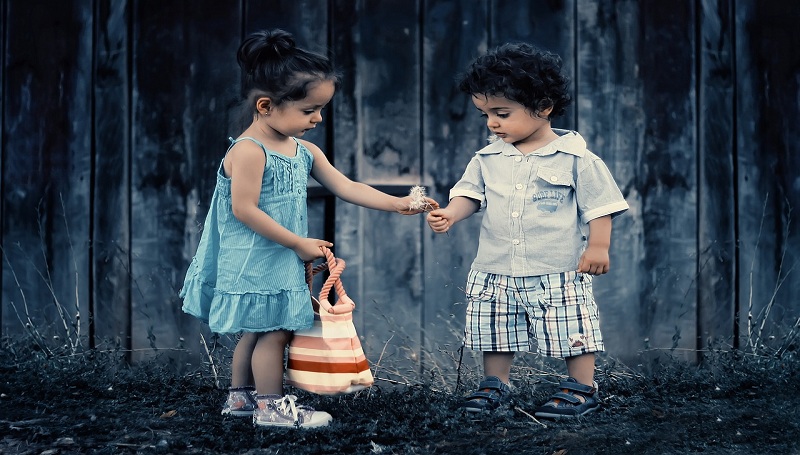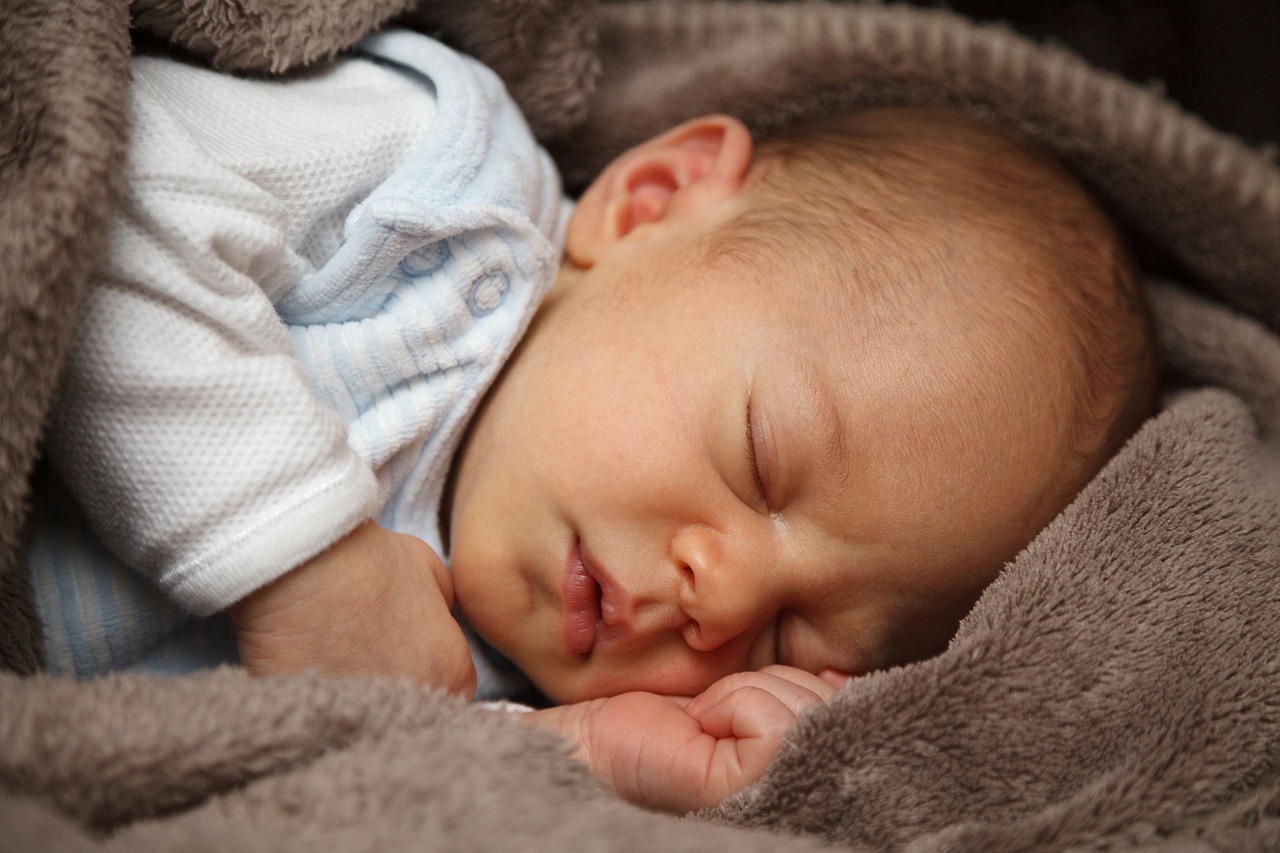30 Manners everyone should know
There’s a list going around the internet of 25 Manners Every Child Should Know. While there are some great items on the list, I had a few problems with the original.
- Manners are things that every person should know, not just children.
- The list had instructions on how to treat adults properly, but other children were not on the list of people to show manners towards. For instance, the original list told children not to interrupt grown-ups and to offer to help parents, neighbors or teachers, but was silent about respecting or helping other kids.
- The list told children to follow all of its rules, but the list was not necessarily polite at all to children themselves. Much of the original list had a condescending tone.
- Not everything was necessarily good advice. For instance, #22 originally said, “When an adult asks you for a favor, do it without grumbling and with a smile.” No one would expect an adult to do everything that another adult ever asked, would they? Some adults may also ask children to do things which are dangerous or wrong, and children should know that it’s okay to say no if they have a good reason.
- Some manners were glaringly absent from the list, like chewing with your mouth closed, saying “I’m sorry” if you hurt someone, and not to hurt someone on purpose.
I’ve reworked the list with these modifications.
This is a good list to go over with your children, but it’s also a good list to remember as a parent. When reading items on the list, add a mental “children count” to each one. How often do we forget that children are people when we use our manners?
30 Manners Everyone Should Know
#1: When asking for something, say “Please.”
#2: When receiving something, say “Thank you.” Be especially appreciative and say “thank you” for any gift you receive.
#3: Do not interrupt people who are speaking with each other unless there is an emergency. They will notice you and respond when they are finished talking.
#4: If you do need to get somebody’s attention right away, the phrase “excuse me” is the most polite way for you to enter the conversation.
#5: When you have any doubt about doing something, ask permission first. It can save you from many hours of grief later.
#6: Keep negative opinions to yourself, or between you and your friends, and out of earshot of others.
#7: Do not comment on other people’s physical characteristics unless, of course, it’s to compliment them, which is always welcome.
#8: When people ask you how you are, tell them and then ask them how they are.
#9: When you have spent time at a friend’s house, remember to thank your hosts for having you over and for the good time you had.
#10: Knock on closed doors — and wait to see if there’s a response — before entering.
#11: When you make a phone call, introduce yourself first and then ask if you can speak with the person you are calling.
#12: Use a quiet voice inside, especially in places like restaurants.
#13: Never use foul language in front of people if you don’t know if it will bother them.
#14: Don’t call people mean names.
#15: Do not make fun of anyone for any reason. Teasing shows others you are weak, and ganging up on someone else is cruel.
#16: Even if an event is boring, sit through it quietly and pretend that you are interested. The performers and presenters are doing their best.
#17: If you bump into somebody, immediately say “Excuse me.”
#18: Cover your mouth when you cough or sneeze, and don’t pick your nose in public.
#19: As you walk through a door, look to see if you can hold it open for someone else.
#20: Help others out when you can.
#21: When someone helps you, say “thank you.”
#22: When someone asks you to do something, try to do it without grumbling and with a smile. You have a right to say no, you should be polite and offer a good reason if you do. If someone asks you to do something that feels dangerous or wrong, it’s okay to say no and not be polite to keep yourself safe.
#23: Use eating utensils properly. If you are unsure how to do so, ask someone to teach you or watch what people you respect do.
#24: Keep a napkin on your lap; use it to wipe your mouth when necessary.
#25: Don’t reach for things at the table; ask to have them passed.
#26: Chew with your mouth closed.
#27: If you hurt someone, say “I’m sorry” and try to find a way to make it better.
#28: Don’t hurt people on purpose.
#29: Don’t use people’s things without permission.
#30: Treat others the way you’d like to be treated.
* Remember: Children count as people.




